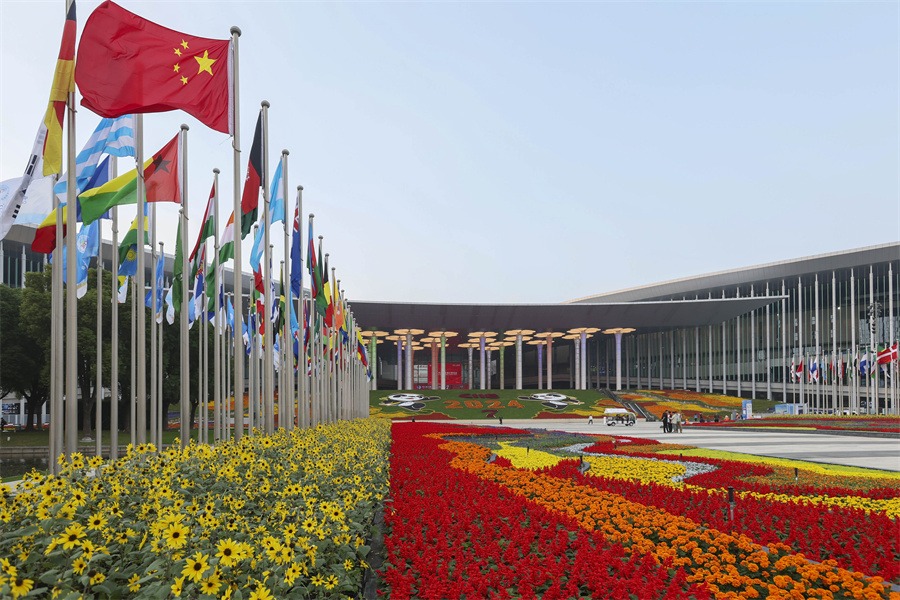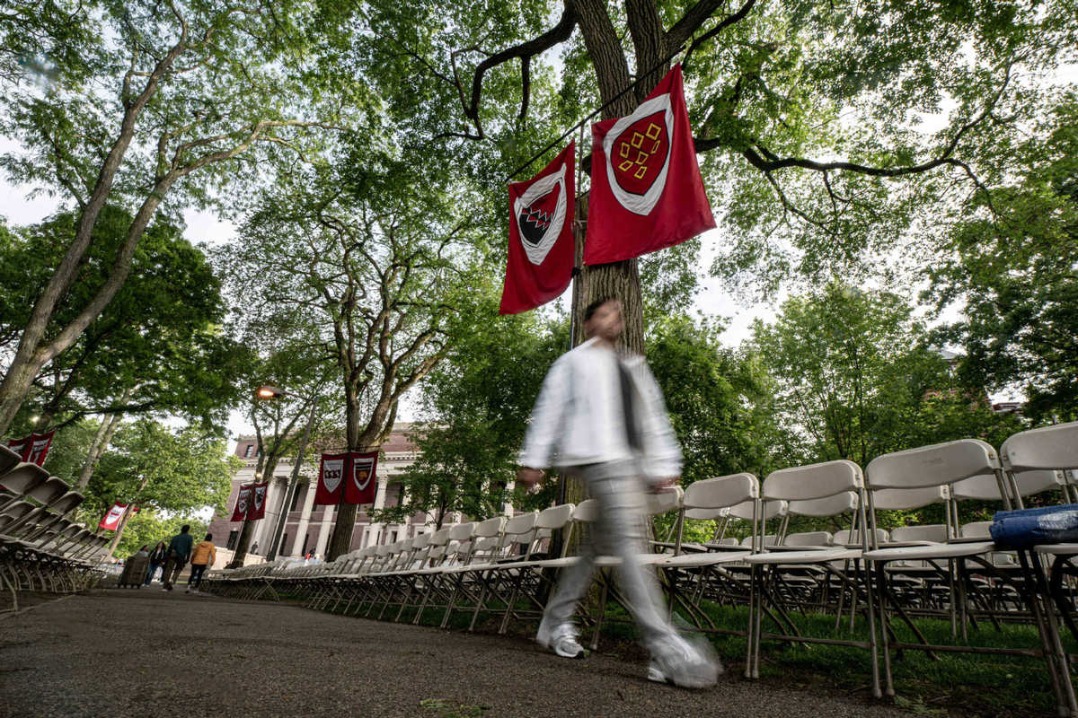US should take action to foster cooperation, trustful relations
By Chen Yingqun | China Daily Global | Updated: 2024-09-27 10:06

Relations between China and the United States have encountered several challenges in recent years. The US considers China its main global strategic competitor and has taken steps to contain it. This atmosphere has inevitably impacted people on both sides.
Based on my observations of the bilateral ties and conversations with people on both sides, I've encountered many stories about the effects.
Earlier this year, popular US video blogger Jerry Kowal, who creates content about culture and life in both China and the US, said he was baselessly accused of spreading "Chinese propaganda" in a report by the Australian Strategic Policy Institute, or ASPI. Absurdly, he discovered that the ASPI was either directly or indirectly funded by the US State Department. He mentioned that unfounded accusations against him have been repeated again and again, causing misunderstandings about him and problems in his life and career.
The 2018 US "China Initiative", in the name of rooting out so-called Chinese spies from US universities and research institutes, targeted academic researchers of Chinese descent and caused huge damage to their careers. Although the program was halted in 2022, its chilling effect continues to loom over the academic community. A recent study published in the Proceedings of the National Academy of Sciences revealed that the terminated China Initiative "gave scientists of Chinese descent in the US stronger incentives to leave and reduced their motivation to apply for federal grants".
In recent years, some Chinese students who were accepted into US universities have also found their hard work squandered due to the US government's stricter visa policies targeting Chinese students.
Cultural, scientific and educational exchanges between countries play a vital role in improving mutual understanding among their populations. These exchanges allow individuals from both nations to gain a deeper appreciation of each other's cultures, histories and values. This process helps to dispel misunderstandings and prejudices, fostering a more amicable and trustful relationship. Such efforts are crucial for promoting peace and cooperation between China and the United States.
Politicizing normal economic, educational and cultural exchanges is also unwise and will not achieve the desired positive results.
Many public statistics show the tariffs imposed by the US on China have also harmed the interests of people in the US.
China has been one of the most important sources of US-based scientists for more than two decades. The US attack on Chinese American scientists is clearly damaging to its own scientific development.
John Quelch, executive vice-chancellor of Duke Kunshan University, shared an example during an interview that illustrates how a US action had the opposite effect of what was intended.
He noted that before US politicians began targeting TikTok, very few people in the US were aware that it was a Chinese-origin company. When the criticism emerged and people discovered TikTok's Chinese roots, most young people reacted positively, saying, "Oh, that's fantastic! China must be exciting if it can create something as engaging and entertaining as TikTok."
He remarked, "In fact, the opposition to TikTok seems to have had the opposite effect of what was intended. Instead of casting China in a negative light, it has actually underscored that China is the source of some very positive innovations."
China and the United States are the world's two largest economies and their relationship has global implications. Despite differences in their political systems, cultures and positions on various issues, it is essential for China and the US to maintain communication and coordination to prevent conflict and confrontation. Just as President Xi Jinping stated, mutual respect, peaceful coexistence and win-win cooperation should be the three principles in developing China-US relations in the new era.
Last year, Xi extended an invitation to 50,000 US students to visit China in five years and a variety of exchange activities between Chinese and US youth have been actively taking place.
Additionally, China has simplified its visa policies to welcome international tourists, including those from the US.
With China already making efforts to promote cultural and people-to-people exchanges with the US, if the US government can also take concrete steps to reciprocate, it would help stabilize and enhance bilateral relations, contributing to the creation of a more harmonious and better world.
























